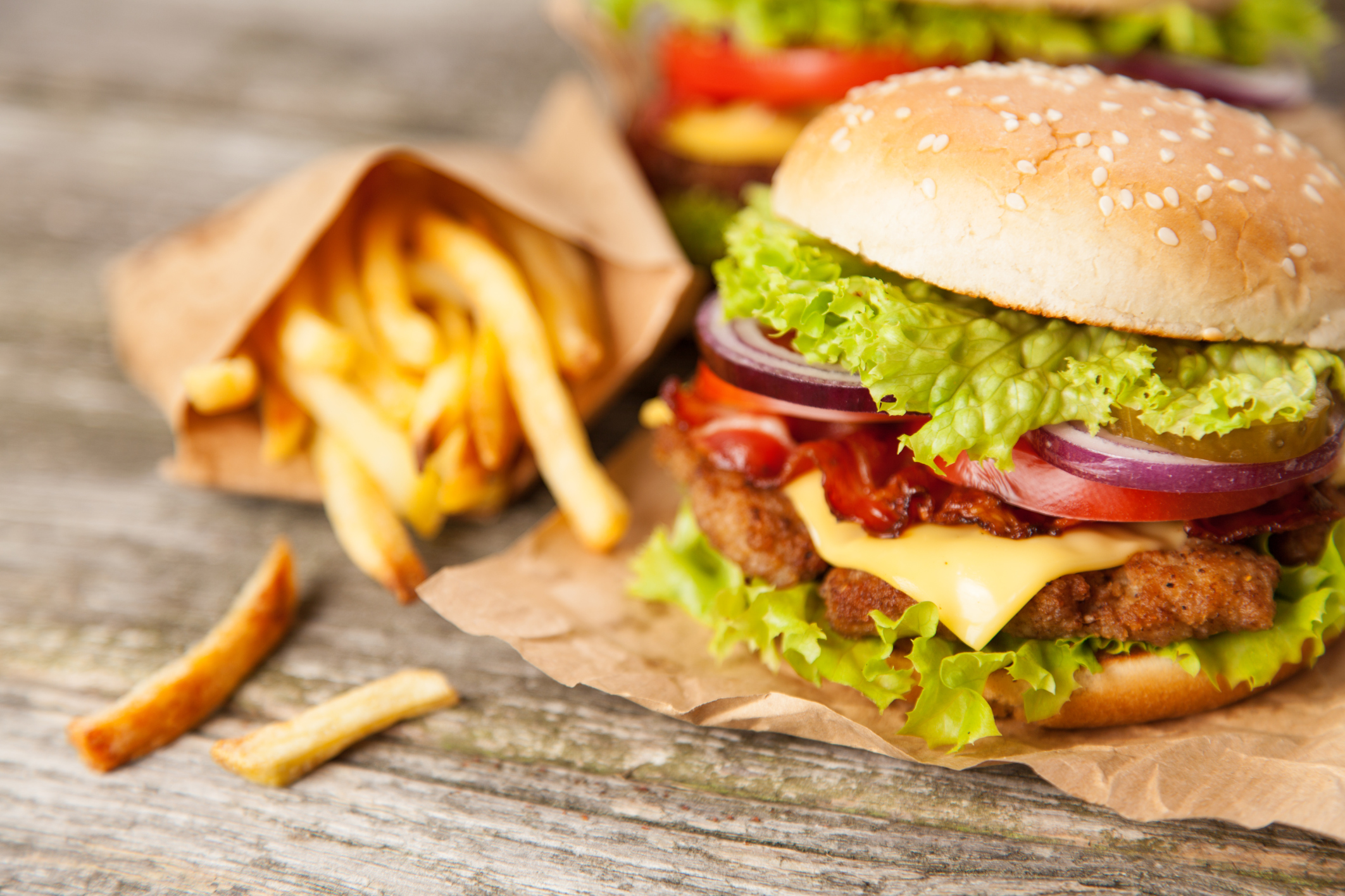- Judith Akatugba
- 0 Comments
- 634 Views
Hypercholesterolemia is a prevalent condition in the US. Two in five adult Americans have the illness, which increases their risk of heart attack and stroke, according to the Centers for Disease Control and Prevention.
A waxy molecule called cholesterol moves through your bloodstream. On its own, it’s not always harmful because cholesterol is necessary for the body to produce hormones and new cells. However, too much of it can lead serious issues. Dr. Eleonora Avenatti, a preventive cardiologist at Houston Methodist Hospital, stated that the primary cause of atherosclerosis, or “the build-up of junk inside your vessels,” is excessive blood cholesterol.
Read Also: 5 Reasons Why Real Estate is an Excellent Investment
If your blood vessels are like pipes that carry blood to your internal organs, such as your heart, brain, and kidneys, then over time, cholesterol can build up debris inside of them, impairing the flow of blood as it should. Then it may result in circumstances like kidney problems, heart attacks, and strokes, according to Avenatti.
Your doctor will prescribe a blood test, called a lipid panel, to measure your cholesterol. You can be offered medication or advised to make lifestyle modifications like diet and exercise if your cholesterol is high.
Food is the first and most obvious place to start. Certain meals, according to experts, can affect your cholesterol levels and increase your chance of the negative outcomes listed above.
Experts list items to stay away from if you have high cholesterol below, along with a few other things that might be even more crucial than what you eat.
Full-fat dairy
Dairy products with full fats have a high content of saturated fat, which is detrimental for low-density lipoprotein (LDL), also known as the “bad” cholesterol.
“Eating saturated fat can actually make it harder for your body to eliminate bad cholesterol,” Beth Auguste, owner of Be Well with Beth and registered dietician in Philadelphia, said. You eliminate some of the cholesterol in your body by sending your bad cholesterol to your liver for cleansing. Because it hinders your liver’s ability to break down harmful cholesterol, that saturated fat has an effect on it.
Since there are certain health advantages to dairy, you can lessen this specific problem by using lower-fat dairy products in your diet whenever you can.
According to Michelle Routhenstein, a preventive cardiology dietician at EntirelyNourished.com, “choose fat-free dairy products like yogurt and kefir to reduce saturated fat intake while still obtaining essential heart-healthy nutrients like magnesium, calcium, and vitamin D,” she wrote to HuffPost via email.
Auguste also mentioned that you can top fat-free dairy products like yogurt or cottage cheese with almonds or chia seeds to add healthy, unsaturated fats. Auguste remarked, “That gives you the healthy fat to go along with the dairy protein.”
Red meat
You probably already know that those with high cholesterol shouldn’t eat red meat, such as lamb, hog, or beef. Why? Red meat contains a lot of saturated fat, which, as was already noted, makes it difficult for the body to process cholesterol, according to Auguste.
This is not to say that you should never, ever consume red meat, but people who have high cholesterol should carefully monitor how much they eat.
“To be honest, Auguste suggested that instead of using meat as the main course in your meals, you should use beans as an additional source of protein and high-protein grains like quinoa or lentils as a way to supplement the iron, fiber, and protein in your diet.”
Skin on meat
Auguste also found that meat skins contain a lot of saturated fat. She pointed out that this applies to the skin of any meat, including pig, turkey, and chicken skins from rinds.
Choose lean protein sources including tofu, fish, legumes (beans, lentils, and chickpeas), poultry without the skin, and legume-free poultry. According to Routhenstein, these protein sources can support heart health by preserving muscle mass and having a lower saturated fat content.
Auguste added that it’s crucial to search for skinless ground meats as well.
Highly processed foods
“It seems like the best course of action is to avoid processed foods, as we are learning more and more,” Avenatti stated.
Minimally processed meals, such as boxed salads and bagged dry beans, are not the problem here, even though many foods are treated in some way. On the other hand, highly processed meals like chips and smoked sausage ought to make you stop.
According to Avenatti, “they are typically low in fiber, vitamins, and minerals and high in unhealthy fats and salt, which is a detrimental combination from a cardiovascular health standpoint.”
“If my patients are in the mood for something meaty, by all means order the steak. However, Avenatti advised against consuming anything that has been too processed, such as sausages, since they essentially lack the nutritional balance that was inherent in the original meat.
“All major [cardiovascular] societies recommend a ‘whole food’ approach and advise against a diet rich in ultra-processed foods for these reasons,” she stated.
Fried foods
In a similar vein, Routhenstein suggests avoiding fried foods if your cholesterol is high. Trans fats, which are present in fried foods, have the potential to raise your levels of bad cholesterol and raise your risk of heart disease in general.
According to the Mayo Clinic, this includes both sweet and non-sweet fried meals including french fries, doughnuts, and fried chicken. Check the ingredients label for partly hydrogenated oils to see if the item you’re eating includes trans fats.
Other ways you can prioritize your heart health
Avenatti remarked, “I would be happy to tell you that it all depends on the food we eat.” “Unfortunately, that is really not the case. While some cholesterol is present in the food we eat, the majority of the cholesterol in our blood is created by our own bodies.”
More than food choices, Avenatti clarified, genetics and our bodies’ coping mechanisms with cholesterol determine individual diversity.
Since no food is completely harmful, we prefer to talk more about patterns. “Moderation in eating is still important, in my opinion,” she remarked.
A rare steak or burger is not as significant as what you eat most of the time. Furthermore, you probably won’t harm yourself if your diet consists solely of processed and fried foods.
“As long as you stick to a reasonable diet, [one-off food choices are] really less impactful than what people think,” the speaker stated.
But food choices are especially crucial for those with elevated triglycerides. High triglycerides, which are also assessed when your cholesterol is checked, are more closely linked to what you consume, claims Avenatti.
“We see a lot more being directly impacted by diet,” she said. “Processed food, fried food, butter, any sort of shortening, full-fat dairy, cheeses… those are all things that are going to impact for sure your triglyceride levels.”
Refined carbs can also have an effect on elevated triglycerides, Auguste continued. Thus, you should consider adding fiber to your diet if you consume a lot of white bread, white spaghetti, or fiber-free crackers since this will lower your blood triglyceride levels.
Auguste continued, “This could entail switching to a chickpea or lentil pasta or combining white beans with your pasta.”
Medication may also be required for some individuals in order to reduce cholesterol. As previously indicated, diet changes alone cannot significantly affect your cholesterol levels; genetics plays a significant effect.
Avenatti emphasized that there are alternative medical choices available, even if many people express dissatisfaction with the negative effects of statins, which are drugs that decrease cholesterol. Avenatti advised seeing your doctor to find out why they recommended the medicine in the first place and to seek about alternatives if you have been prescribed a prescription for high cholesterol but either don’t use it or don’t like its effects.
All things considered, it’s critical to lead a heart-healthy lifestyle that includes regular exercise, a balanced diet, adequate sleep, and, if needed, medication management.
Avenatti suggests following the Life’s Essential 8 guidelines from the American Heart Association to maintain good cardiovascular health. A variety of healthy lifestyle treatments, such as nutrition, exercise, sleep, and giving up tobacco smoking, are combined in these suggestions.











